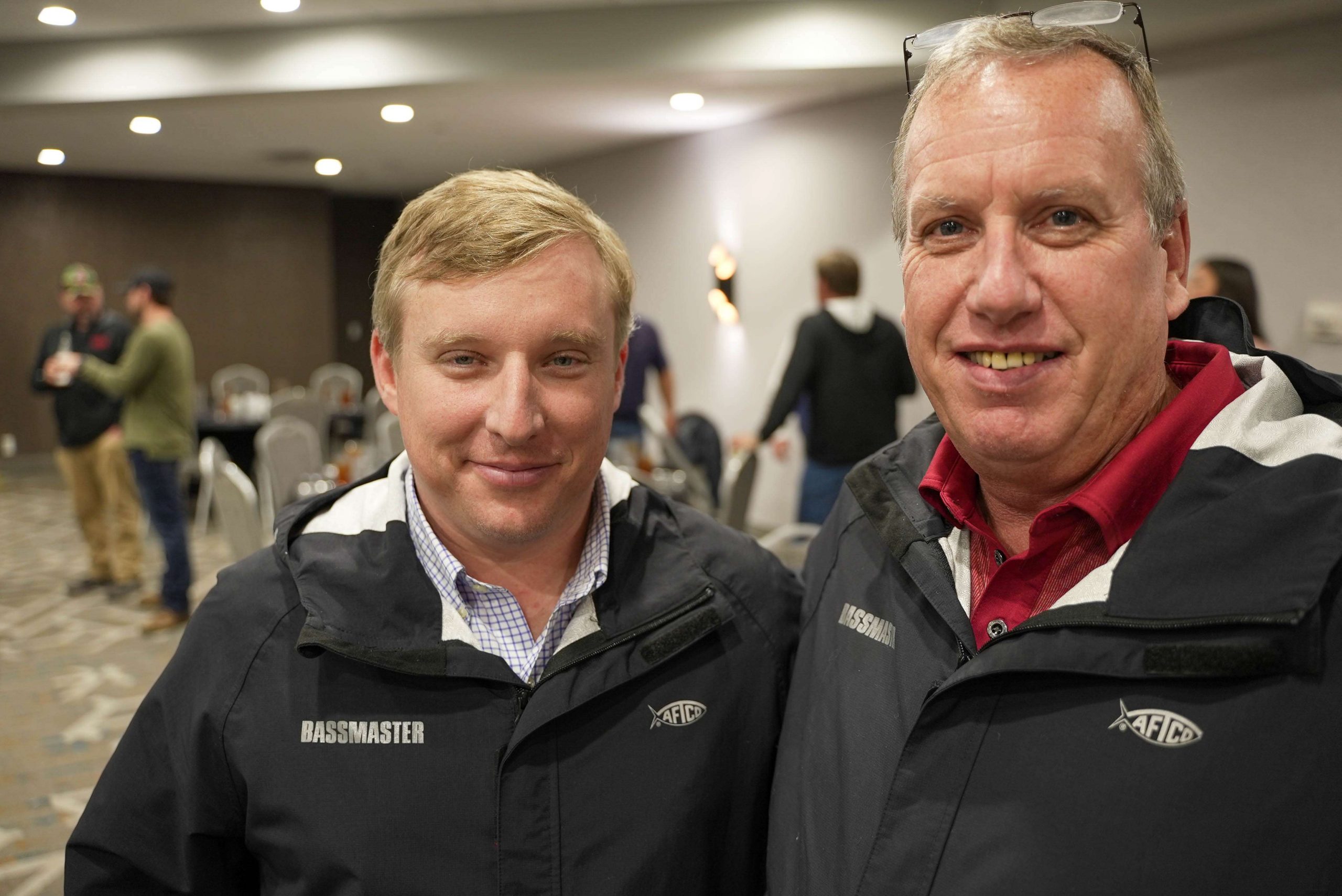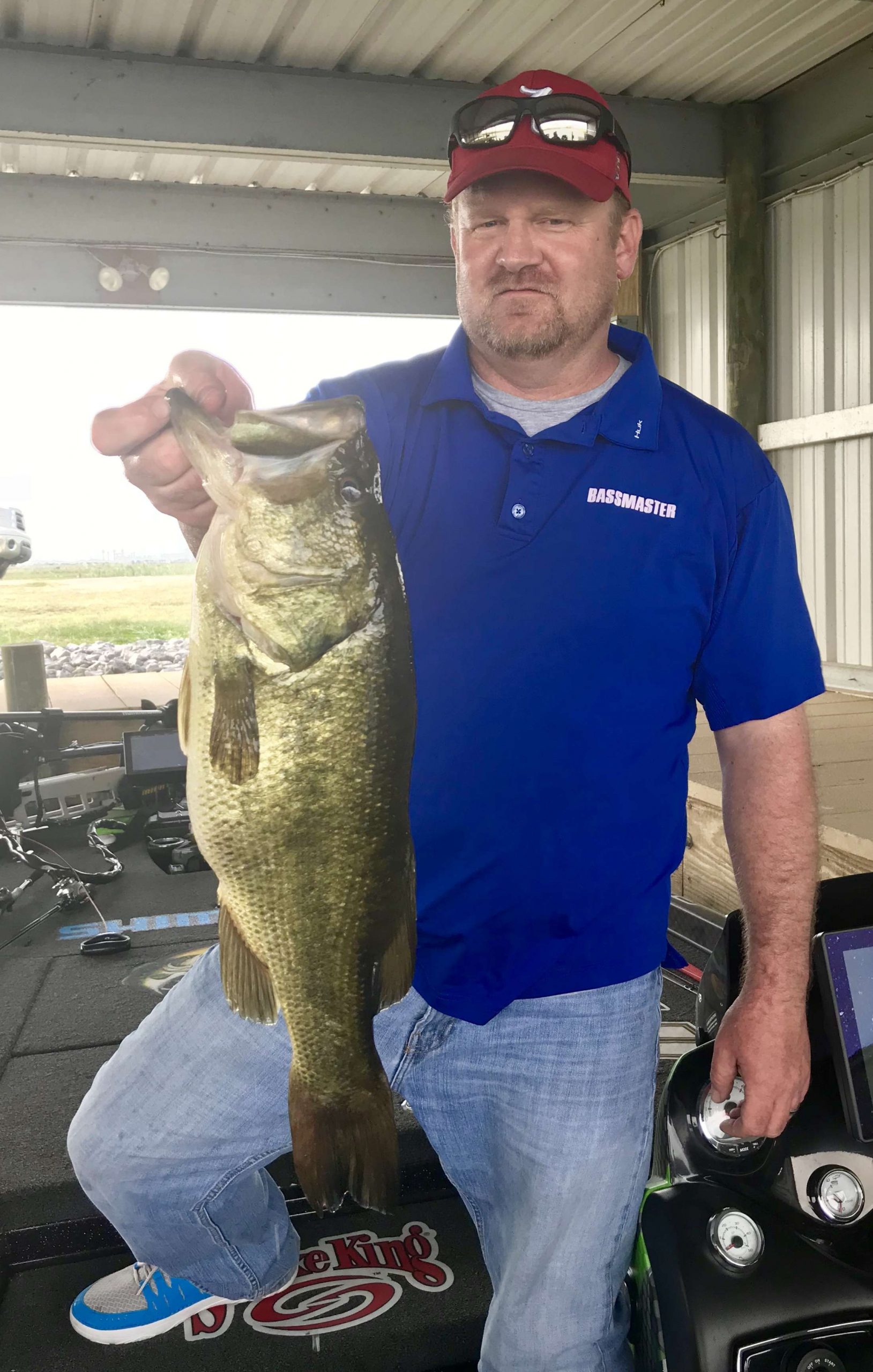
Working in outdoors media for more than three decades, I’ve met tournament directors, ranging from the top levels of competitive bass fishing to weekly Tuesday-night pot tournaments with $25 entry fees and fewer than 10 boats.
No matter how big or small their events, all of the best directors had one thing in common: They were the boss.
It simply has to be that way.
When you have people competing for money on the water, if your field size is greater than one, sooner or later there will be some kind of dispute and someone will have to speak the final word.
The first director I worked with here at B.A.S.S. was Trip Weldon — and make no mistake, the final word belonged to him.
I’ve sometimes heard the word “gruff” used to describe him. But he wasn’t so much gruff as he was serious about serious things — like $100,000 first-place prizes and points leading to the Classic.
Years ago I heard an angler use the word “condescending” while describing Trip. But I knew the matter he was referring to, and Trip wasn’t being condescending as much as he was simply notifying the angler that it was his own responsibility to know the rules.
That’s all part of being the boss.
Now, when I say a good tournament director has to be the boss, I don’t mean he has to be a tyrant — and Trip was far from that.
I remember back in 2016 when he had to make the decision to disqualify Greg Hackney’s first-day catch at Cayuga Lake for a rules violation. I had to interview Trip for that story, and the anguish in his voice — utter sorrow over a decision that might have cost one of the best in the sport a chance at Bassmaster Angler of the Year — was obvious.
He did the right thing, but he took no joy in it whatsoever.
There were even a few times through the years when I got a little hacked off at Trip for dragging his feet with information for stories I needed to write about rules violations. While he was quick to enforce the rules against the field of the Bassmaster Elite Series, he was very protective of them as well.
I guess being a tournament director, in some ways, is like being a parent. You can talk sternly to your children and make them walk the line, but you expect everyone else to leave them be.
The best thing a tournament director can do to protect his or her field is to simply enforce the rules. Allowing one angler to get away with craziness opens the door for mass chaos.
Now, back to what I said about being the boss.
I spoke recently with a tournament director of a much more localized event. One that’s held twice a year with less than 100 boats.
The director told of an incident with an angler who had been accused of cheating — and when I say “accused,” I mean there was grumbling throughout the field. Instead of banning the angler or calling him out in front of the masses, the director simply suggested he skip the next tournament to give things an opportunity to cool down.
But when that next tournament rolled around, the angler showed up and the director pulled him aside. The angler had a letter from an attorney that served as some sort of implied threat about what would happen if he wasn’t allowed to fish.
The director was in a tough spot, but he held firm. He turned the man away, only to learn he pulled a similar stunt later at another tournament where others had cast a suspicious eye in his direction.
It was a small-potatoes tournament compared to an Elite Series event, but a boss was still needed — and that boss did the job well.
If you’ve fished many tournaments, you’ve likely encountered both situations — tournaments with a clear leader and events where the inmates ran the asylum.
Ask yourself which one was more enjoyable — and know that if you say the latter, B.A.S.S. events probably aren’t the best destination for you.
Chris Bowes, Lisa Talmadge, Hank Weldon, Glenn Cale and GL Compton have absolutely no desire to disqualify you. They’ll take no joy in it the day the decision is handed down.
But they’ll do it anyway.
It’s just what a good boss does.

